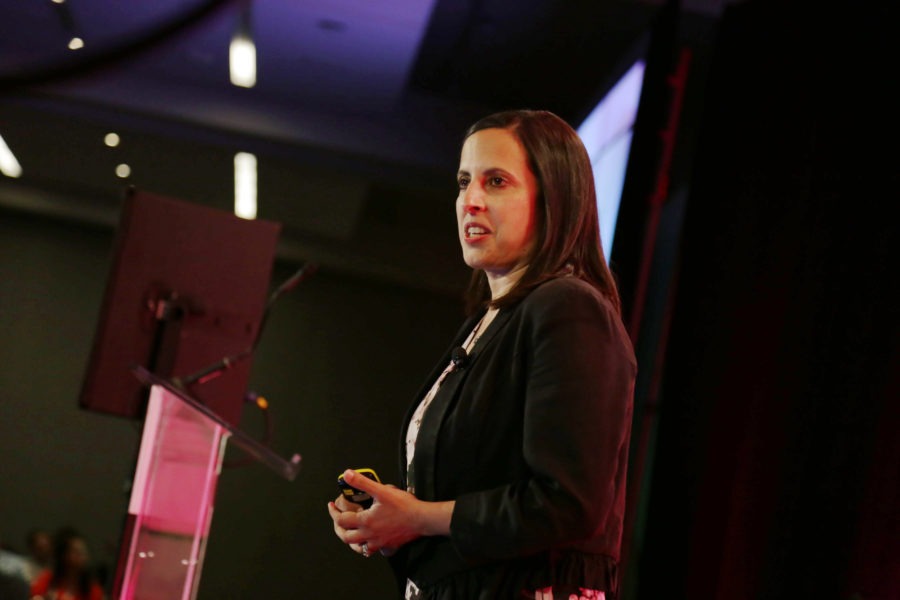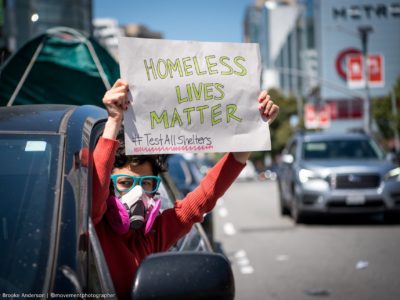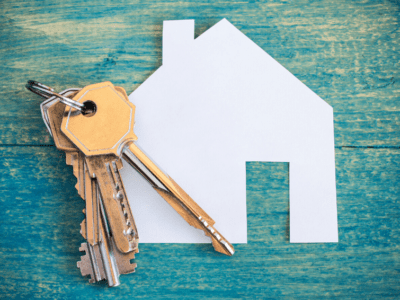In 2008, Rana Awdish was a healthy physician about to complete her fellowship in critical care, and she was pregnant with her first child. Then, everything changed: an undetected tumor in her liver burst, causing her organs to fail, and suddenly she was fighting for her life in the very hospital where she worked.
This experience as a patient had a profound impact on Awdish, as she realized the unintentional harm that can be caused by interactions with healthcare providers. In her book, In Shock, Awdish describes lying in her hospital bed and overhearing a resident say during rounds, “She’s been trying to die on us.” Awdish describes her anger to hear this as she’s struggling to stay alive and her horrible realization that she’d used the same phrase to describe her own patients in the past.
“There was this juxtaposition of really extraordinary, really skillful care, paired with what felt at times like a lack of empathy and as if I wasn’t being seen as a person,” she said.
As Medical Director of Care Experience at the Henry Ford Hospital system, Awdish now teaches other physicians how to value patients’ experiences and treat not just their physical symptoms, but their emotional needs as well. This includes having doctors practice delivering bad news with improv actors, so they become better equipped to have difficult conversations with real patients.
This idea of focusing on the whole person, with empathy and compassion, applies to working with people experiencing homelessness too.
“What our patients need is someone who will facilitate their journey, who will understand and look ahead,” explains Awdish. “I call it more of a Sherpa model: you know the roadblocks, you know where the pitfalls are, you’ve been down this path before, but the person walking alongside you doesn’t. If you can partner with them, knowing what their skills are, what their abilities are, and then shoulder some of that load at times when things get hard…that’s really what it looks like to help somebody through a hard time, whether it’s an illness or an episode of experiencing homelessness.”
Community Solutions was founded on the principle that we can better serve people experiencing homelessness by listening to them and learning from them. As Awdish’s story shows, the people who experience these systems have real insight about how to improve them. We invited Awdish to speak at this summer’s Built for Zero conference, because of her powerful message about the importance of human-centered design.
We urge you to listen to her experience on this
episode of the Changing the Conversation podcast, taped at the Built for Zero conference in Detroit.
Caution to listeners: this conversation includes vivid descriptions of medical procedures and discusses miscarriage.
July 23 – Beth Sandor and Jake Maguire, Co-Directors of Built for Zero
August 6 – Patrisse Cullors, Cofounder of #BlackLivesMatter
September 3 – Steven Spear, Senior MIT lecturer and quality improvement expert




